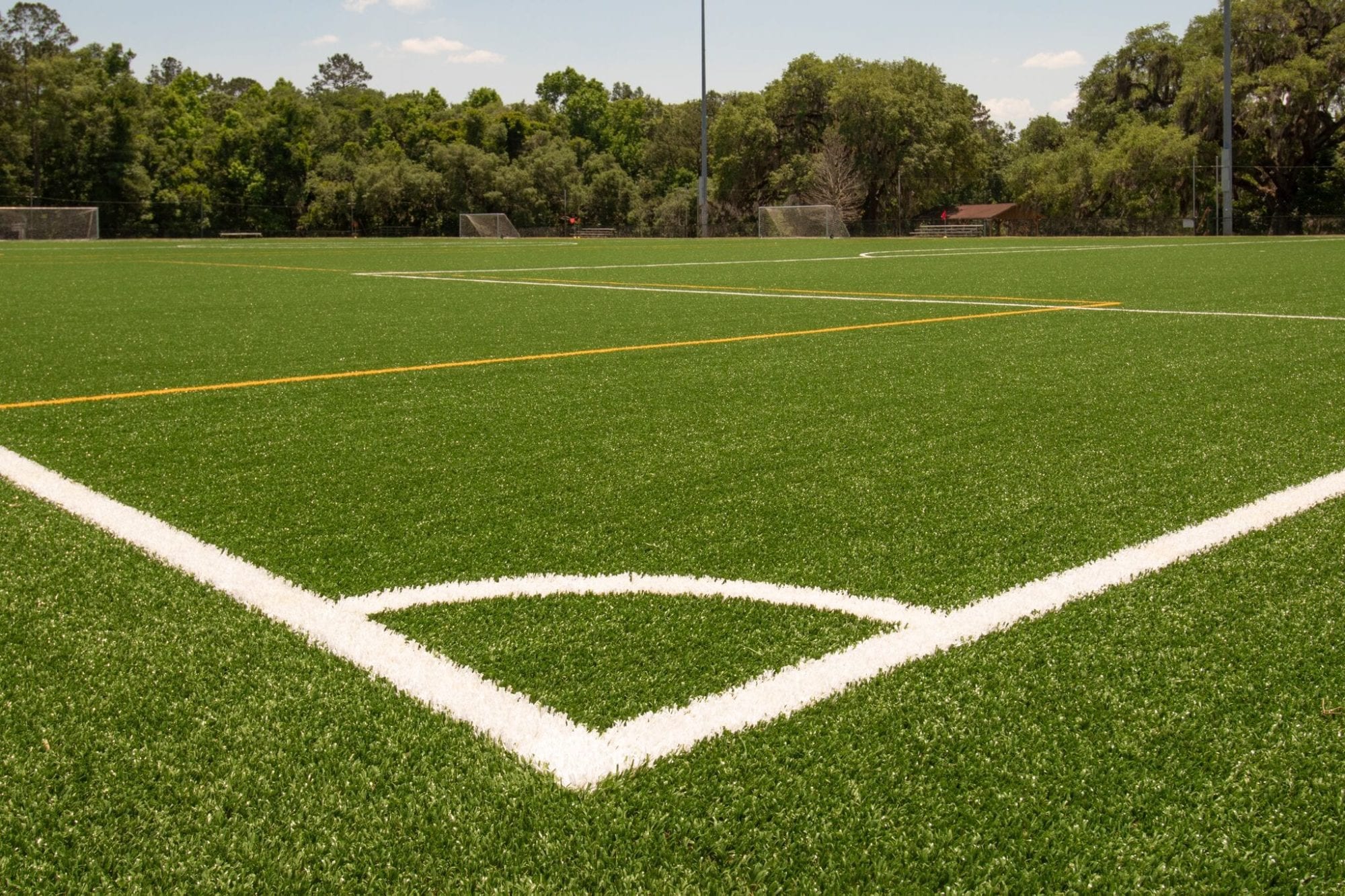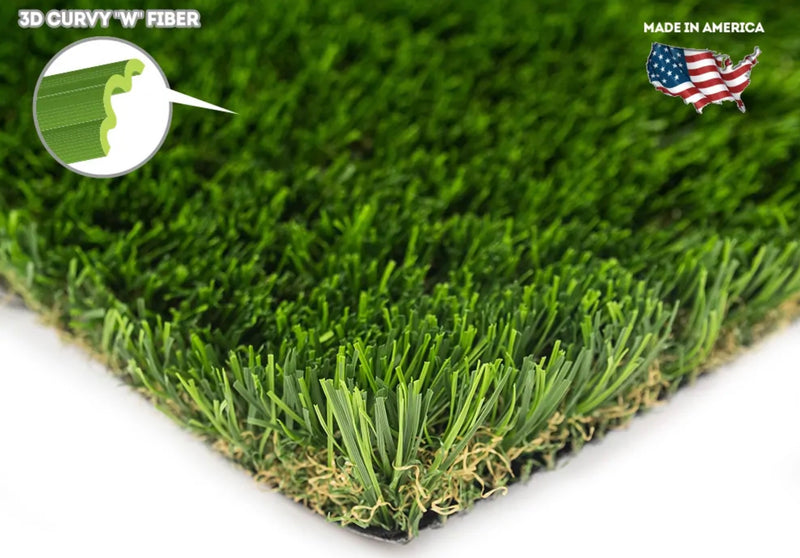Highly-Ranked Phoenix Turf Companies Providing Synthetic Grass Options
Highly-Ranked Phoenix Turf Companies Providing Synthetic Grass Options
Blog Article
Look Into the Environmental Conveniences of Opting for Artificial Lawn Solutions
The adoption of fabricated turf solutions provides an engaging possibility to resolve pressing ecological challenges. By considerably reducing water use and minimizing the application of damaging chemicals, these options not only promote lasting landscaping yet also protect local ecological communities.
Water Conservation Perks
One of one of the most considerable benefits of synthetic grass is its capacity to preserve water. Traditional grass yards require significant irrigation, particularly in areas vulnerable to dry spell or water limitations. In contrast, synthetic lawn does not require watering, considerably lowering the overall demand for water sources. This attribute is especially beneficial in deserts where water scarcity is a pushing worry.
By eliminating the requirement for normal watering, artificial grass adds to sustainable landscape practices and assists mitigate the ecological impact of extreme water usage. Additionally, the preservation of water includes the reduction of drainage, which can bring about dirt erosion and waterway air pollution.
In addition, the installment of synthetic grass enables towns and house owners to allocate water sources more efficiently, focusing on essential uses such as drinking water and agriculture. The change towards artificial lawn not only advertises accountable water usage yet additionally straightens with more comprehensive environmental goals intended at preserving natural deposits.
As communities significantly prioritize sustainability, the water conservation benefits of synthetic grass provide an engaging situation for its fostering in property and commercial landscaping jobs.
Lowered Chemical Usage
The shift to synthetic grass significantly decreases the reliance on chemical treatments frequently made use of in all-natural yard maintenance. Traditional grass management usually involves the application of plant foods, pesticides, and herbicides to promote growth and control insects. These chemicals can present dangers to human health, regional wildlife, and the setting, adding to soil and water contamination.
In contrast, man-made turf eliminates the need for these hazardous materials. By reducing the release of synthetic substances into the community, fabricated grass promotes much healthier soil and water systems.
Moreover, the lack of chemical runoff connected with synthetic grass installments helps shield neighborhood rivers from pollution, sustaining water life and keeping biodiversity. Phoenix turf companies. As communities significantly prioritize sustainable practices, going with fabricated grass offers a sensible option that lines up with environmental preservation goals. With this change, homeowner can appreciate lush green spaces without jeopardizing eco-friendly health and wellness, paving the way for an extra lasting future
Lower Carbon Footprint

In addition, the installment of synthetic grass can lead to significant water conservation. All-natural grass require substantial quantities of water for watering, which not only includes in the carbon footprint associated with water extraction and treatment however additionally pressures local water sources. In contrast, synthetic grass requires minimal maintenance, calling for no watering, thus significantly lowering water use and its linked energy costs.
Additionally, the durability of synthetic grass adds to its lower carbon influence. With a life expectancy of up to 15 years or more, the demand for constant substitutes is decreased, resulting in much less waste and lower power usage in production and getting rid of conventional yard choices. On the whole, synthetic grass offers a sustainable alternative for ecologically mindful landscaping.
Habitat Preservation
Habitat conservation is a crucial factor to consider in the dispute over landscaping selections, specifically when comparing synthetic grass to all-natural yard. Natural turf yards usually call for extensive upkeep, consisting of using herbicides, chemicals, and fertilizers, which can detrimentally influence local ecological communities. These chemicals can seep right into the soil and rivers, harming indigenous plants and animals and interrupting local habitats.
On the other hand, man-made grass presents a possibility to decrease the eco-friendly footprint of landscape design. By selecting artificial lawn, home owners can lessen the disturbance of all-natural environments connected with standard yard treatment methods. Synthetic turf removes the need for unsafe chemicals, therefore shielding neighboring wild animals and keeping the honesty of surrounding ecosystems. The setup of man-made grass can lead to the conversion of previous lawn locations into more biodiverse landscapes, such as pollinator gardens or indigenous plant locations, which can support regional wild animals.
Inevitably, the change to synthetic grass not only conserves her explanation water and decreases maintenance efforts but also cultivates a more unified partnership in between human activities and the native environment, promoting environment conservation in the process.
Long-Term Sustainability
Long-term sustainability is a critical consider reviewing the advantages of synthetic grass over conventional lawn yards. One of the most significant advantages of synthetic grass is its longevity; it can last as much as 15-20 years with very little maintenance, whereas all-natural turf needs frequent reseeding and replacement. This longevity lowers the requirement for consistent resources, such as water, plant foods, and chemicals, which are necessary for preserving a healthy and balanced turf lawn.
In addition, man-made grass adds to a reduction in carbon emissions connected with grass care equipment. Standard grass often call for gas-powered mowers, trimmers, and blowers, every one of which contribute to air contamination. Arizona artificial turf. On the other hand, artificial turf eliminates the need for such tools, advertising a cleaner setting
Moreover, the production of synthetic grass increasingly makes use of recycled materials, boosting its sustainability profile. As makers adopt environmentally friendly methods, the ecological footprint of man-made lawn remains to diminish.

Final Thought
The fostering of artificial turf options presents considerable ecological advantages, including considerable water preservation, minimized reliance on harmful chemicals, and a reduced carbon footprint. Additionally, fabricated grass aids in maintaining all-natural habitats by lessening land disturbance and promoting long-term sustainability with using sturdy products. Jointly, these variables emphasize the potential of fabricated turf to add favorably to environmental wellness find out this here and supply a feasible option to conventional landscaping practices in a progressively resource-conscious globe.
In contrast, synthetic grass does not need watering, considerably minimizing the overall need for water resources. By reducing the release of synthetic compounds into the environment, fabricated turf promotes much healthier dirt and water systems.
In addition, the setup of artificial grass can result in considerable water preservation. Find Out More In contrast, fabricated turf requires marginal maintenance, needing no watering, therefore considerably reducing water use and its associated energy costs.

Report this page